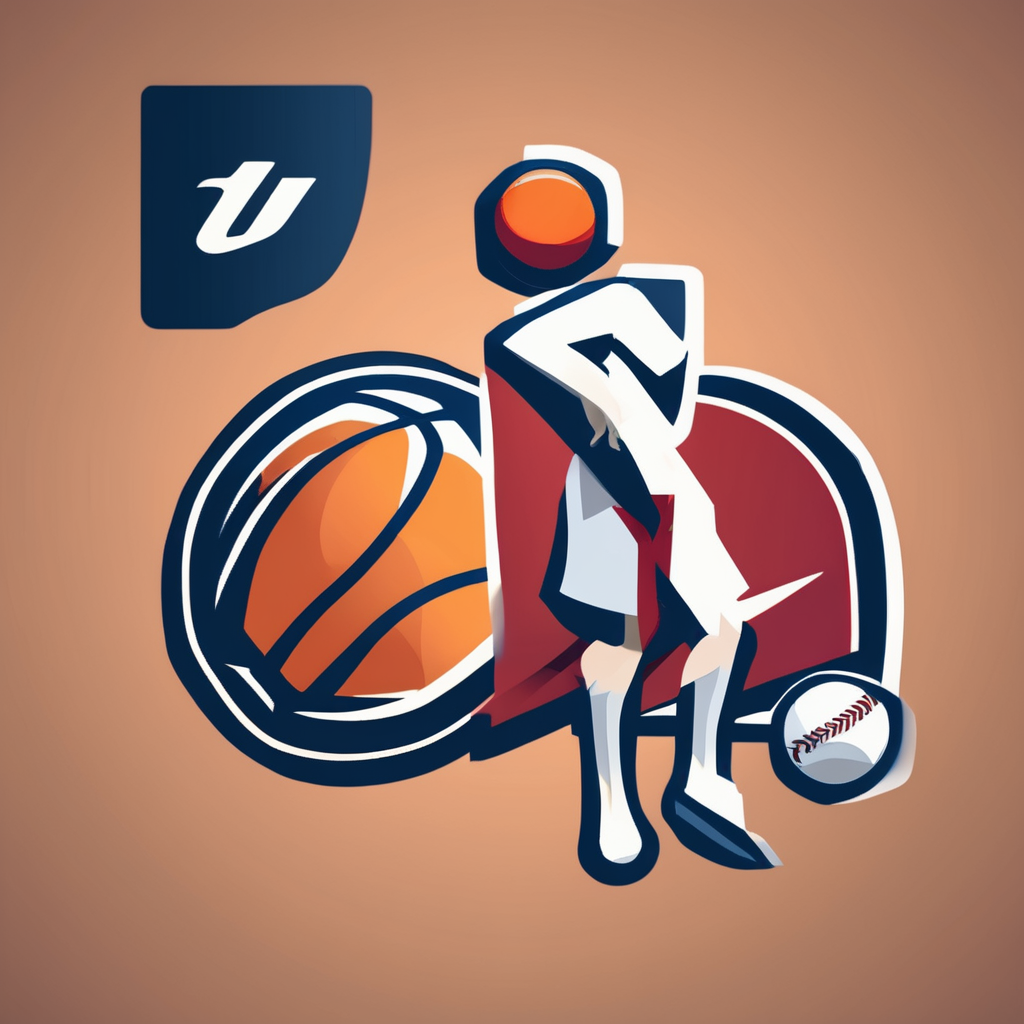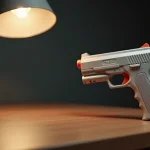Mastering Mental Clarity: Top Strategies to Enhance Focus in Long UK Karate Tournaments
Participating in long karate tournaments in the UK, or anywhere else for that matter, is a daunting task that requires more than just physical prowess. Mental clarity and focus are crucial elements that can make the difference between victory and defeat. Here, we will delve into the top strategies that martial artists can employ to enhance their mental clarity and perform at their best during these demanding events.
The Importance of Mental Preparation in Karate
Mental preparation is a cornerstone of success in karate and other martial arts. It involves a range of techniques and practices designed to improve concentration, manage stress, and build resilience.
Also to read : Top Breathing Techniques to Boost Performance for Karate Competitors in the UK
Techniques of Visualization
Visualization is a powerful tool used by many martial artists to prepare mentally for competitions. This involves imagining the competition in detail, including the actions of the opponent and the various scenarios that could unfold. Here’s how it works:
- Anticipation of Opponent’s Actions: By visualizing the opponent’s moves, a karateka can anticipate and prepare responses, enhancing their reaction time and decision-making during the actual competition.
- Creation of Winning Scenarios: Visualizing successful outcomes boosts confidence and reinforces positive mental attitudes, which are essential for peak performance.
- Enhancement of Muscle Memory: Visualization helps in reinforcing muscle memory, making the execution of techniques more precise and automatic.
For example, a karateka might visualize themselves performing a perfect kata, including every detail from the stance to the execution of each move. This mental rehearsal can significantly improve their actual performance.
Also read : Unlocking the Advantages: How Pilates Enhances Training for Fighters in the UK
Controlled Breathing and Relaxation
Controlled breathing and relaxation techniques are vital for managing anxiety and maintaining a calm, focused state, even in the most intense moments of competition.
Benefits of Controlled Breathing
- Heart Rate Management: Deep, controlled breathing helps in regulating the heart rate, reducing anxiety and stress.
- Improved Concentration: By focusing on the breath, athletes can eliminate distractions and maintain concentration.
- Enhanced Performance: Proper breathing techniques can improve overall physical performance by ensuring adequate oxygen supply to the muscles.
Here is a simple yet effective breathing technique:
- Diaphragmatic Breathing: Breathe deeply into the diaphragm rather than shallowly into the chest. This type of breathing helps in calming the nervous system and improving focus.
Meditation for Mental Clarity
Meditation is increasingly recognized as a valuable practice for martial artists, helping to eliminate mental distractions and enhance focus.
How Meditation Works
- Reducing Mental Distractions: Regular meditation practice helps in developing the ability to focus on the present moment, reducing mental chatter and distractions.
- Improving Clarity: Meditation enhances mental clarity, allowing athletes to make quicker and more accurate decisions during competition.
- Boosting Resilience: Meditation builds resilience by teaching athletes to handle stress and pressure more effectively.
For instance, a daily meditation practice of just 10-15 minutes can significantly improve an athlete’s ability to stay focused and composed under pressure.
Developing a Match Plan
Having a clear match plan is essential for guiding strategy and decision-making during the competition.
Key Elements of a Match Plan
- Understanding the Opponent: Analyze the opponent’s strengths and weaknesses to develop an effective strategy.
- Setting Objectives: Define clear objectives for the match, such as winning strategies or defensive tactics.
- Adaptability: Be prepared to adapt the plan based on the unfolding of the match.
Here is an example of how a match plan might look:
| Aspect | Description |
|---|---|
| Opponent Analysis | Identify the opponent’s strengths (e.g., powerful kicks) and weaknesses (e.g., vulnerability to takedowns). |
| Primary Strategy | Decide on the primary strategy (e.g., focusing on quick jabs to keep the opponent at bay). |
| Contingency Plans | Prepare contingency plans for different scenarios (e.g., if the opponent starts to dominate, switch to a defensive strategy). |
Building Resilience and Mental Toughness
Resilience and mental toughness are critical for overcoming the psychological obstacles that arise during long and demanding karate tournaments.
Strategies for Building Resilience
- Regular Competition: Participate in regular competitions to build experience and resilience.
- Positive Self-Talk: Use positive affirmations to boost self-esteem and confidence.
- Learning from Failure: View failures as opportunities for growth and learning.
For example, after a loss, a karateka might reflect on what went wrong and how they can improve, rather than getting discouraged.
Physical Conditioning and Its Impact on Mental Health
Physical conditioning is not just about improving physical performance but also has a significant impact on mental health and clarity.
Cardiovascular Exercises
- Improving Endurance: Cardio exercises like running or jumping rope increase endurance, allowing athletes to sustain effort over longer periods.
- Enhancing Mental Health: Regular physical activity has been shown to improve mental health by reducing stress and anxiety.
Here is a sample cardio routine:
- Warm-Up: 10 minutes of light jogging or jumping jacks.
- High-Intensity Interval Training (HIIT): 20 minutes of HIIT involving sprints, burpees, etc.
- Cool-Down: 10 minutes of stretching.
Renforcement Musculaire Ciblé
Targeted muscle strengthening is essential for martial artists to improve their overall performance and maintain physical health.
Key Muscle Groups
- Legs and Core: Strengthening these areas improves stability and power.
- Upper Body: Building upper body strength enhances overall physical capability.
Here are some effective exercises:
- Squats: For building leg strength.
- Planks: For core strength.
- Push-Ups: For upper body strength.
Récupération et Prévention des Blessures
Recovery and injury prevention are crucial for maintaining physical and mental health during and after long tournaments.
Techniques de Récupération
- Active Recovery: Light stretching and walking help reduce muscle fatigue.
- Passive Recovery: Adequate rest and quality sleep allow the body to regenerate.
Here is an example of a recovery routine:
- Post-Training Stretching: 10-15 minutes of stretching after each training session.
- Quality Sleep: Ensuring 7-8 hours of sleep each night.
Social Support and Its Role in Mental Clarity
Social support from teammates, coaches, and family can significantly impact an athlete’s mental clarity and performance.
Benefits of Social Support
- Emotional Support: Having a supportive network can reduce stress and anxiety.
- Motivation: Social support can boost motivation and confidence.
- Feedback and Guidance: Coaches and teammates can provide valuable feedback and guidance.
For instance, having a supportive coach who provides constructive feedback can help a karateka stay focused and motivated.
Practical Insights and Actionable Advice
Here are some practical tips and advice for martial artists looking to enhance their mental clarity and focus during long karate tournaments:
Daily Practice
- Daily Meditation: Incorporate a short meditation practice into your daily routine.
- Visualization: Spend a few minutes each day visualizing your performance.
- Breathing Exercises: Practice controlled breathing exercises regularly.
Competition Day Tips
- Pre-Competition Routine: Establish a consistent pre-competition routine that includes visualization, breathing exercises, and positive self-talk.
- Stay Hydrated and Focused: Ensure you stay hydrated and focused throughout the competition by taking regular breaks and maintaining a positive mindset.
Mastering mental clarity is a multifaceted process that involves various strategies and practices. By incorporating techniques such as visualization, controlled breathing, meditation, and physical conditioning, martial artists can significantly enhance their focus and performance during long karate tournaments. Remember, mental clarity is not just about winning; it’s about maintaining a healthy and balanced life both on and off the mat.
Table: Comparative Analysis of Mental Preparation Techniques
| Technique | Description | Benefits | Examples |
|---|---|---|---|
| Visualization | Imagining the competition in detail | Enhances muscle memory, boosts confidence | Visualizing a perfect kata or anticipating opponent’s moves |
| Controlled Breathing | Deep, regulated breathing | Reduces anxiety, improves concentration | Diaphragmatic breathing before and during competition |
| Meditation | Regular practice to eliminate mental distractions | Improves mental clarity, builds resilience | Daily meditation practice of 10-15 minutes |
| Match Plan | Detailed strategy for the competition | Guides decision-making, enhances adaptability | Analyzing the opponent’s strengths and weaknesses |
| Physical Conditioning | Targeted exercises to improve endurance and strength | Enhances physical performance, improves mental health | Cardio exercises like running or jumping rope |
| Recovery and Injury Prevention | Active and passive recovery techniques | Maintains physical health, reduces fatigue | Post-training stretching and quality sleep |
Quotes and Anecdotes
- “The mind is everything; what you think, you become.” – Buddha. This quote underscores the importance of mental preparation in achieving success in martial arts.
- “I always visualize my matches before they happen. It helps me prepare for every possible scenario and stay focused under pressure.” – A professional karateka reflecting on the importance of visualization.
- “Meditation has been a game-changer for me. It helps me stay calm and focused, even in the most intense moments of competition.” – A martial artist discussing the benefits of meditation.
By integrating these strategies into your training regimen, you can enhance your mental clarity, improve your performance, and achieve greater success in the world of karate and beyond.



